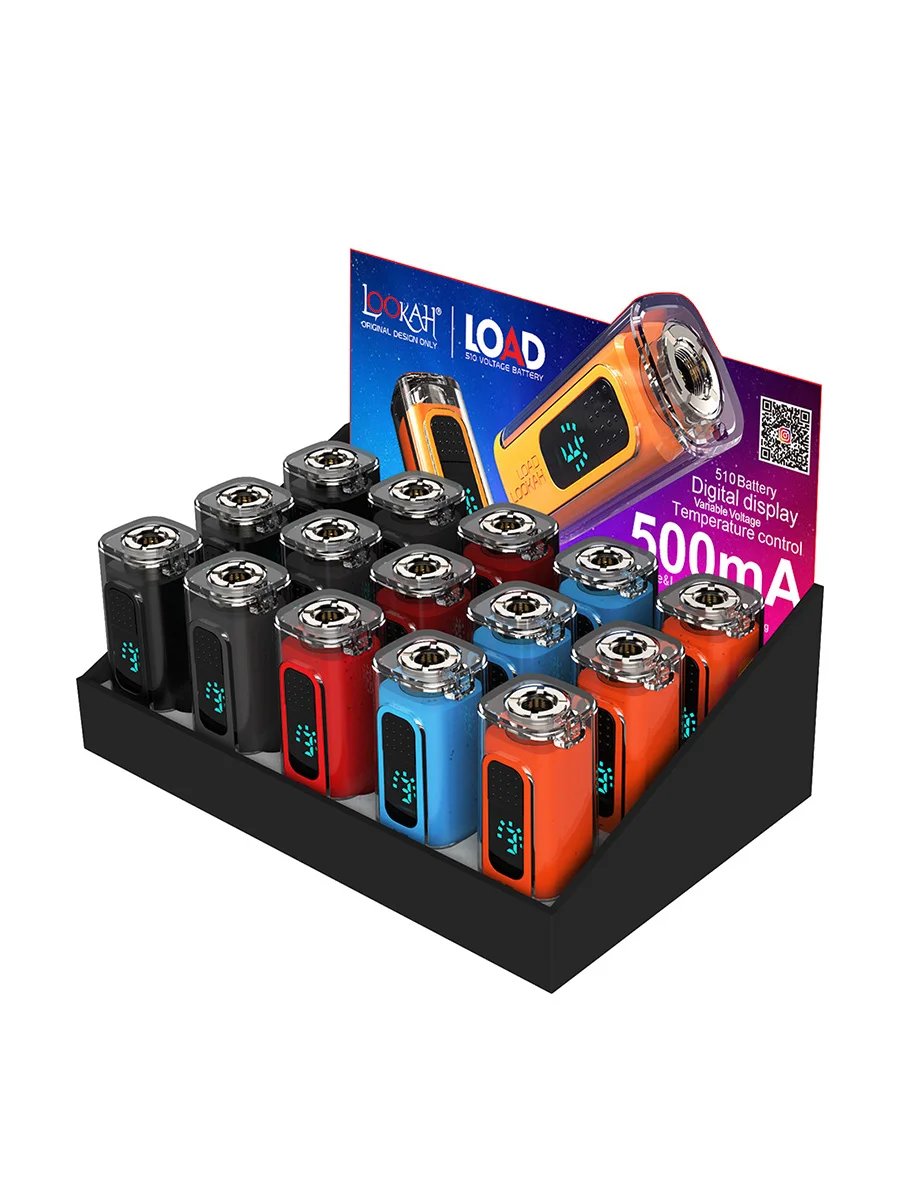Building a Successful Business with FBA Wholesale Strategies
Understanding the Basics of FBA Wholesale
What is FBA Wholesale?
FBA wholesale, or Fulfillment by Amazon wholesale, is a business model where sellers source products in bulk from manufacturers or wholesalers and then list them on Amazon. Once customers order these products, Amazon handles storage, packing, shipping, and customer service on behalf of the seller. This model allows for scalability and the opportunity to reach millions of potential customers without managing logistics directly.
Benefits of Using FBA Wholesale
The fba wholesale model offers several advantages:
- Access to Prime customers: Utilizing FBA means your products are eligible for Amazon Prime, attracting a larger audience willing to pay for expedited and free shipping.
- Scalability: As orders increase, Amazon’s systems can handle increased demand without requiring significant additional resources from the seller.
- Focus on Growth: Sellers can focus on sourcing and marketing products while Amazon manages the supply chain logistics.
- Customer Trust: Products fulfilled by Amazon benefit from the trust associated with the Amazon brand, enhancing the likelihood of conversions.
Common Challenges in FBA Wholesale
While the FBA wholesale model has many benefits, it also presents challenges that new sellers must navigate:
- Initial Investment: Sourcing inventory requires upfront capital, which can be a barrier for many aspiring sellers.
- Competition: With thousands of sellers entering the marketplace, standing out in a crowded market can be difficult.
- Inventory Management: Keeping track of stock levels and avoiding overstocking or stockouts requires diligence and effective management practices.
- Fees: FBA comes with various fees, including storage and fulfillment costs, which can impact profit margins.
Finding Reliable Suppliers for FBA Wholesale
Criteria for Selecting Suppliers
Choosing the right supplier is critical for success in FBA wholesale. Here are some key criteria to evaluate:
- Reputation: Research suppliers to ensure they have a solid reputation in the industry. Look for reviews, testimonials, and any potential red flags.
- Product Quality: Request samples if necessary to assess the quality of the products. A good supplier should be willing to provide samples.
- Pricing Structure: Compare prices from different suppliers to ensure you are getting the best deal without compromising on quality.
- Communication: Effective communication is crucial. Suppliers should be responsive and willing to answer any queries you may have regarding products or terms.
- Minimum Order Quantities (MOQs): Understand the MOQs that suppliers enforce. Some may require large orders which might be unfeasible for starters.
Researching and Contacting Wholesalers
Finding wholesalers involves more than just a quick search on the internet. Here’s a breakdown of the process:
- Utilize Online Directories: Platforms such as Alibaba, ThomasNet, and Wholesale Central can be invaluable for finding wholesale suppliers in various categories.
- Attend Trade Shows: Participating in trade shows can provide face-to-face interactions with suppliers and allow you to assess their offerings directly.
- Leverage Social Media: Platforms like LinkedIn and industry-specific Facebook groups can facilitate networking and finding reputable wholesalers.
- Cold Outreach: If you have a specific manufacturer in mind, don’t hesitate to reach out directly. Craft a professional email outlining your business and intent.
Building Strong Relationships with Suppliers
Maintaining a strong relationship with your suppliers is crucial for long-term success. Here are some strategies:
- Regular Communication: Keep in touch with suppliers regularly to stay updated on product availability and prices.
- Prompt Payments: Paying invoices on time can help build trust and strengthen your relationship.
- Feedback: Provide constructive feedback on the products and services, which can help them improve and tailor their offerings to your needs.
- Collaboration: Look for opportunities to collaborate on promotions or exclusive product offerings that can benefit both parties.
Product Selection Strategies for FBA Wholesale
Identifying Profitable Product Categories
Choosing the right products is a vital step in the FBA wholesale process. Begin by identifying profitable product categories:
- Trendy Categories: Look for categories that are currently trending on Amazon, such as home and kitchen, electronics, or beauty products.
- Evergreen Products: These are products that have consistent demand year-round, such as basic household items.
- Niche Markets: Explore niches that have less competition but sufficient demand to make your product stand out.
Using Market Research Tools
To make informed decisions on product selection, utilizing market research tools is essential. Some effective tools include:
- Jungle Scout: A powerful tool that helps sellers find profitable products, assess competition, and estimate sales volume.
- Helium 10: This comprehensive toolset provides keyword research, trend tracking, and profitability calculators designed specifically for Amazon sellers.
- Google Trends: A free tool to explore product trends and seasonality, giving insights into the popularity of certain products over time.
Evaluating Product Demand and Competition
Assessing demand and competition will guide your product selection:
- Sales Rank: Monitor the sales rank of potential products on Amazon to gauge how well they are performing.
- Reviews and Ratings: Analyzing the number and quality of product reviews can give insights into customer satisfaction and competition level.
- Competitive Analysis: Look at competitors’ listings, focusing on their pricing, promotion strategies, and customer feedback.
Optimizing Your Listings for FBA Wholesale
Creating Compelling Product Descriptions
The product listing is often the first interaction a customer has with your item. Here’s how to create compelling descriptions:
- Highlight Features and Benefits: Clearly outline what makes your product unique and how it benefits the customer.
- Use Clear Language: Avoid jargon; use clear, concise language that anyone can understand.
- Engaging Visuals: Invest in high-quality images showing your product from multiple angles, and consider using videos for demonstration.
Effective Pricing Strategies
Effective pricing is key to maximizing sales and profit margins. Consider these strategies:
- Competitive Pricing: Regularly check competitor prices and adjust yours accordingly while ensuring to maintain profitability.
- Psychological Pricing: Use pricing strategies like $19.99 instead of $20.00 to make your product appear more appealing.
- Promotions and Discounts: Consider using discounts during peak shopping seasons or special occasions to boost sales.
SEO Best Practices for Amazon Listings
Optimizing listings for search engines is crucial to enhance visibility:
- Keyword Research: Utilize tools to find relevant keywords and strategically integrate them into your product title, bullets, and description.
- Backend Keywords: Use Amazon’s backend keywords feature to include additional search terms that may not fit in your visible text.
- Encourage Reviews: A solid number of quality reviews can improve your ranking on Amazon searches.
Measuring Success in Your FBA Wholesale Business
Key Performance Indicators (KPIs) to Track
Tracking the right metrics is vital for understanding your business performance. Consider these KPIs:
- Sales Revenue: Regularly monitor total revenue generated from sales over specific periods.
- Profit Margin: Calculate your profit margin by subtracting the cost of goods sold from total revenue.
- Inventory Turnover: Keep track of how quickly your products are sold and replaced over a period; higher turnover indicates good sales.
Tools and Software for Managing Performance
There are several tools to assist in measuring and managing your performance:
- Seller Central Reports: Amazon provides extensive data on sales performance, inventory, and customer metrics through their Seller Central platform.
- Accounting Software: Tools like QuickBooks can help manage finances, track expenses, and generate financial reports.
- Inventory Management Systems: Systems such as InventoryLab help track inventory levels, sales trends, and reorder points efficiently.
Adjusting Strategies Based on Performance Data
Data-driven decisions are crucial for improving your FBA wholesale business. Here’s how to adjust your strategies:
- Review Performance Regularly: Set aside time weekly or monthly to review performance metrics and analyze trends.
- Test and Learn: Don’t be afraid to experiment with different marketing strategies or product offerings and analyze the results.
- Adapt to Market Changes: Stay informed about changes in market trends, consumer behavior, and adjust your approach accordingly.













Post Comment